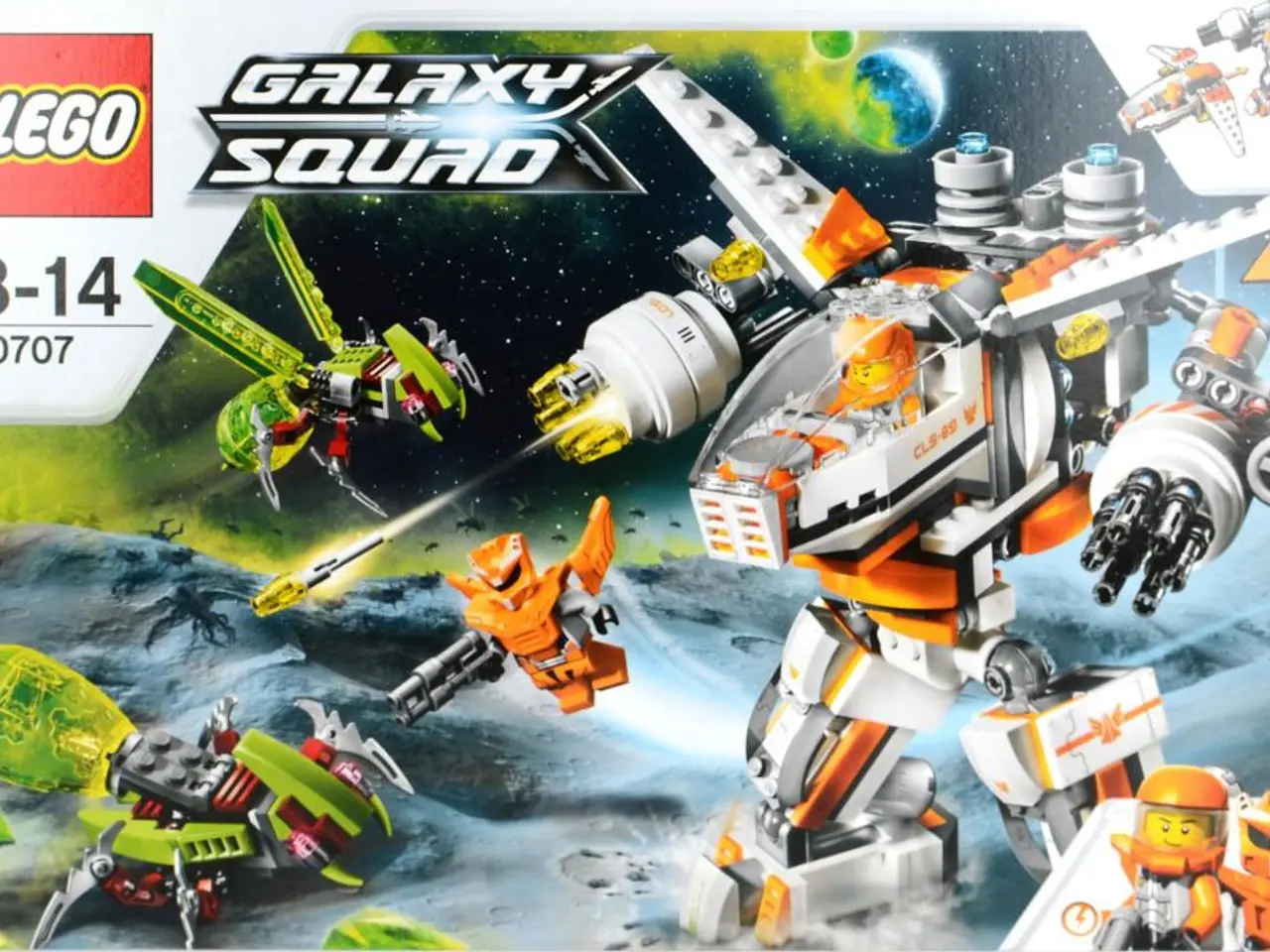Chatbots Aid in Adolescent Mental Health and Eating Disorder Treatment: A Review of Young People's Chatbot Utilization for Psychological Well-being
In the rapidly evolving digital world, AI chatbots like ChatGPT are increasingly being explored as potential tools for mental health support. While they offer several benefits, it is crucial to understand their limitations, particularly when addressing complex conditions such as disordered eating.
One of the primary advantages of AI chatbots is their accessibility and availability. Available 24/7, they provide immediate support without the need for appointments, making them an invaluable resource for those who fear judgment or struggle to access traditional therapy due to cost or location.
Cost-effectiveness is another significant advantage. AI tools are often free or low-cost, making them a viable option for those without insurance or access to traditional care. Moreover, users can interact anonymously, which may encourage openness about sensitive issues like disordered eating.
AI chatbots can also offer consistent, non-reactive support and structured self-help content, promoting reflection and coping strategies. However, it is essential to note that they lack the human understanding and therapeutic relationship that is crucial for deeper emotional healing.
There are concerns about data privacy and the potential misuse of sensitive information shared with AI chatbots. Additionally, AI models may introduce biases and provide overly positive feedback, which can be misleading or unhelpful in the long term.
For disordered eating specifically, AI chatbots might be useful as a preliminary resource for information and general support. However, they should not replace professional therapy. Human therapists can provide essential tailored interventions, emotional support, and recognition of complex psychological factors involved in eating disorders.
Kelli Rugless, a licensed psychologist, believes that AI chatbots could be helpful, especially for those who specialize in eating disorders, as there is a significant shortage of providers. Santos, a young adult using artificial intelligence for therapy, shares her journal entries with ChatGPT seeking advice, finding it validating to have her feelings recognized by the chatbot.
Recent studies, such as the one by clinical psychologist Gemma Sharp, have found that AI chatbots can motivate people to seek care, even for those on long waitlists for eating disorder treatment. These chatbots rely on evidence-based treatments and have been shown to reduce users' depression symptoms.
In summary, while AI chatbots like ChatGPT can offer some benefits in mental health support, they are best used as a supplemental tool rather than a replacement for professional therapy, especially for complex conditions like disordered eating. As the use of AI for mental health therapy continues to grow, it is essential to navigate this complex landscape with caution and understanding.
- Development in technology has brought forth the exploration of AI chatbots like ChatGPT as potential therapeutic tools in the realm of health-and-wellness, including mental health, and their use could potentially extend to areas like nutritional advice, such as guiding healthy-diets.
- In the context of resources for health-and-wellness, AI chatbots can provide cost-effective support, with their low or nonexistent costs making them an attractive option for individuals who may not have insurance or access to traditional therapy.
- As Amelia, a user of AI chatbots for mental health support, mentions, these digital tools can play a crucial role in providing accessibility and availability, offering immediate support and consistent self-help content, even at odd hours, an advantage particularly valued by those struggling with complex conditions like disordered eating.




